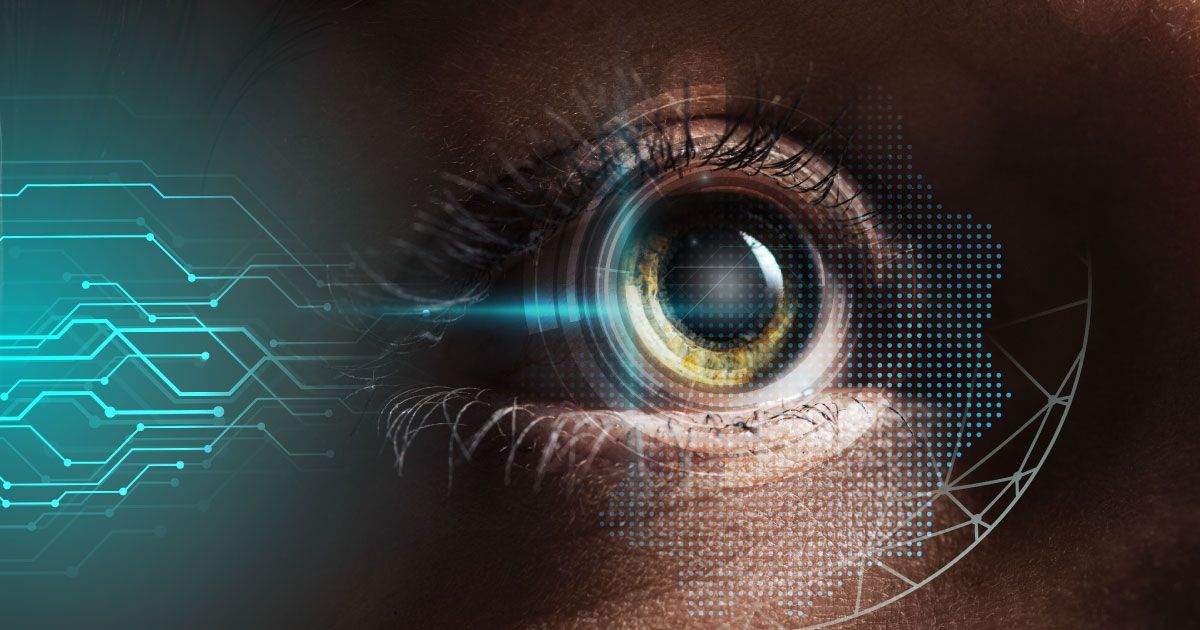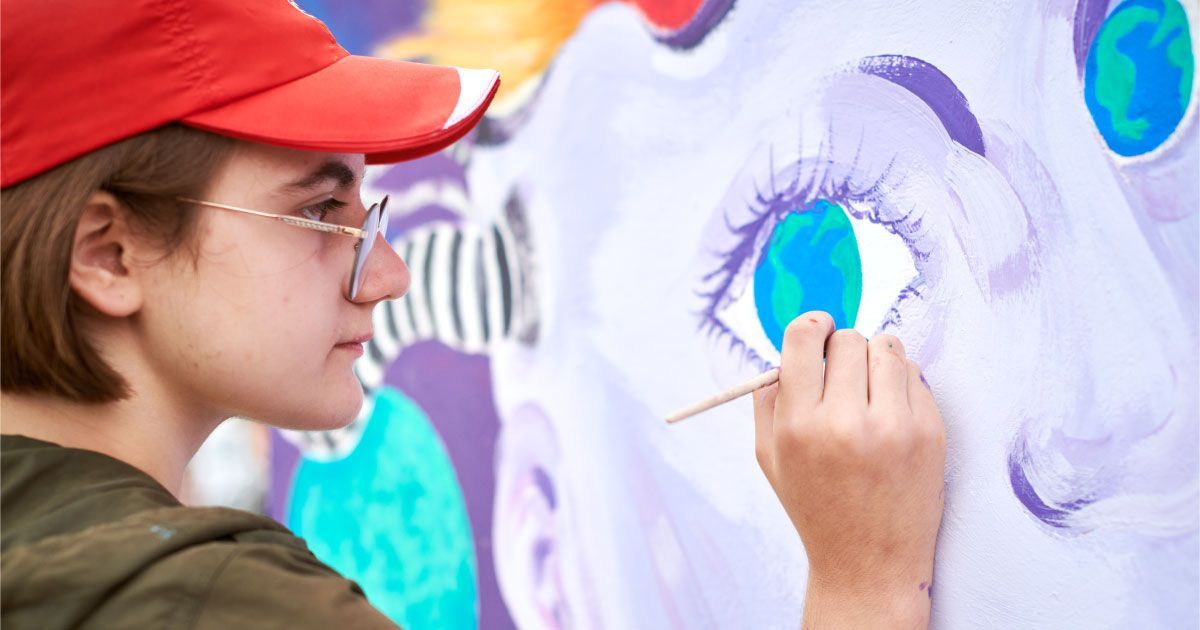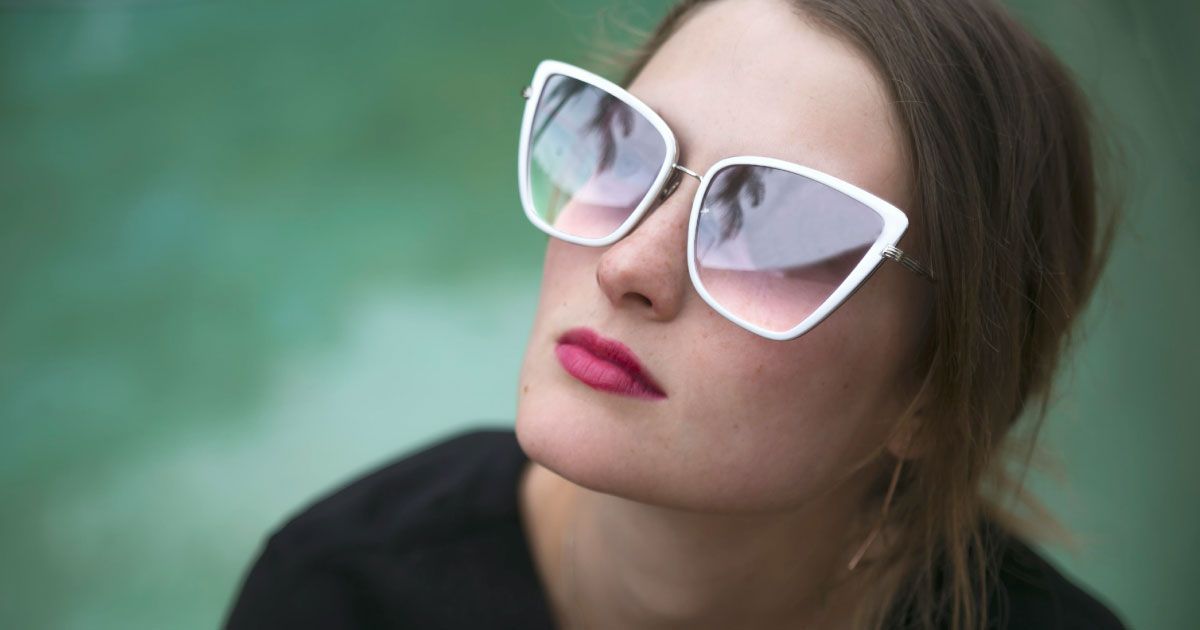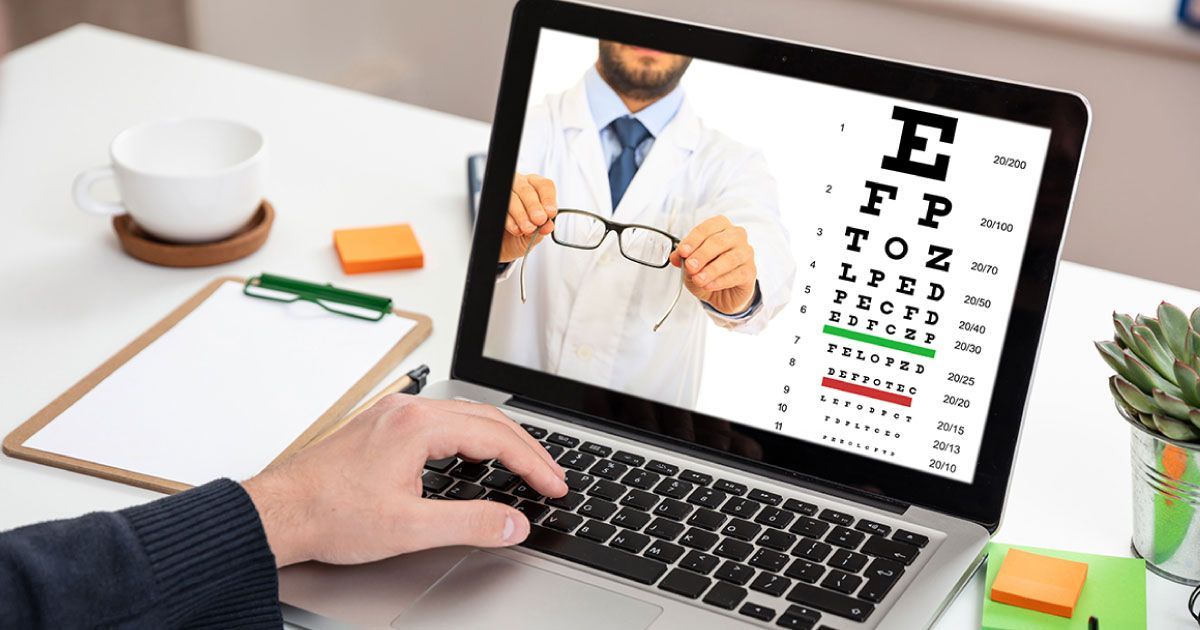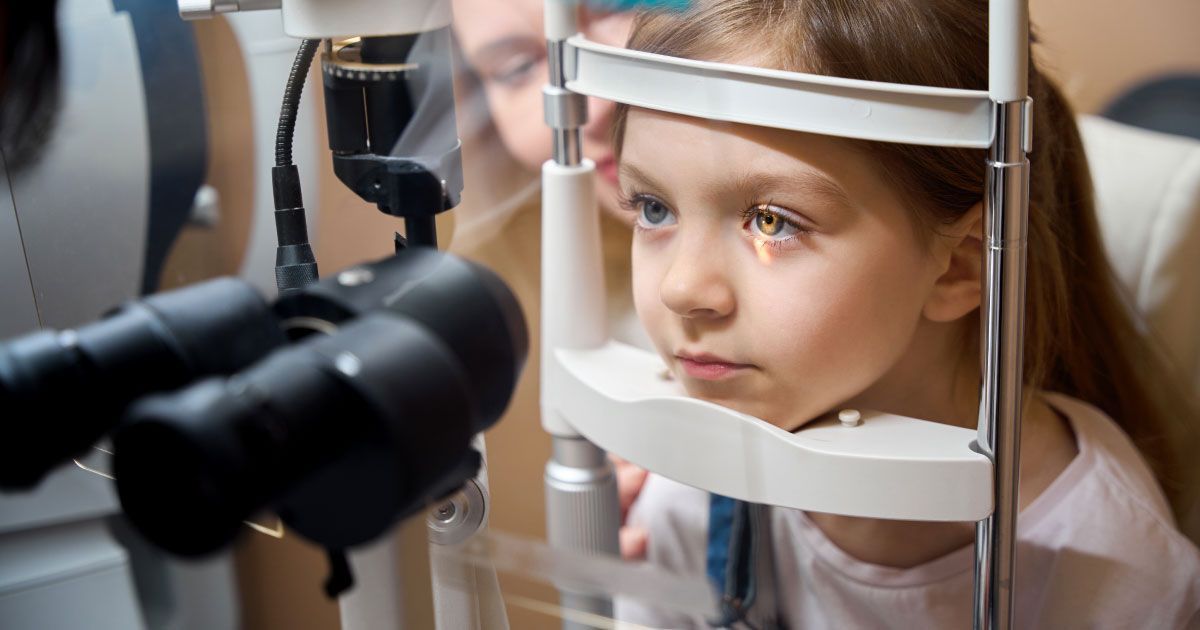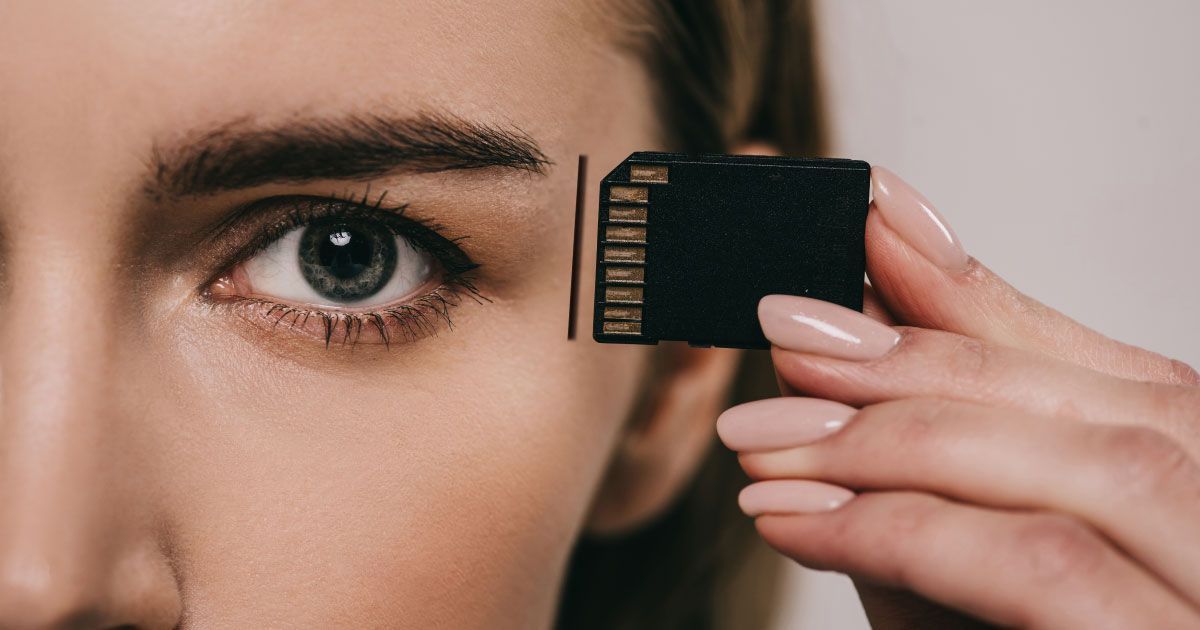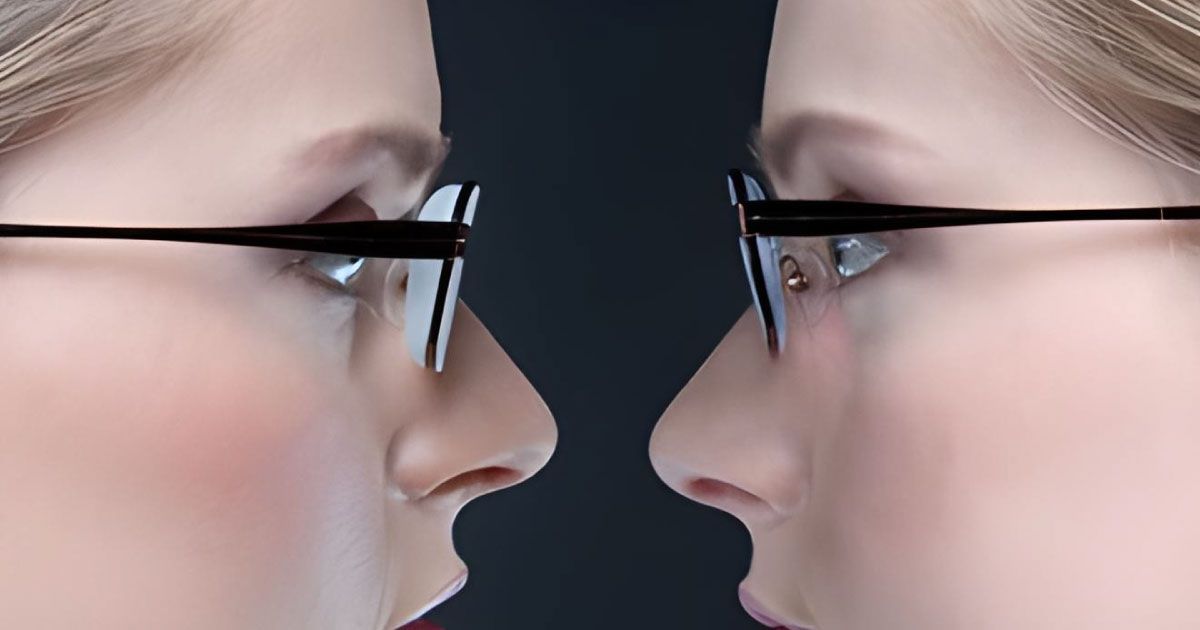The Connection Between Insomnia and Eye Health: Understanding the Impact
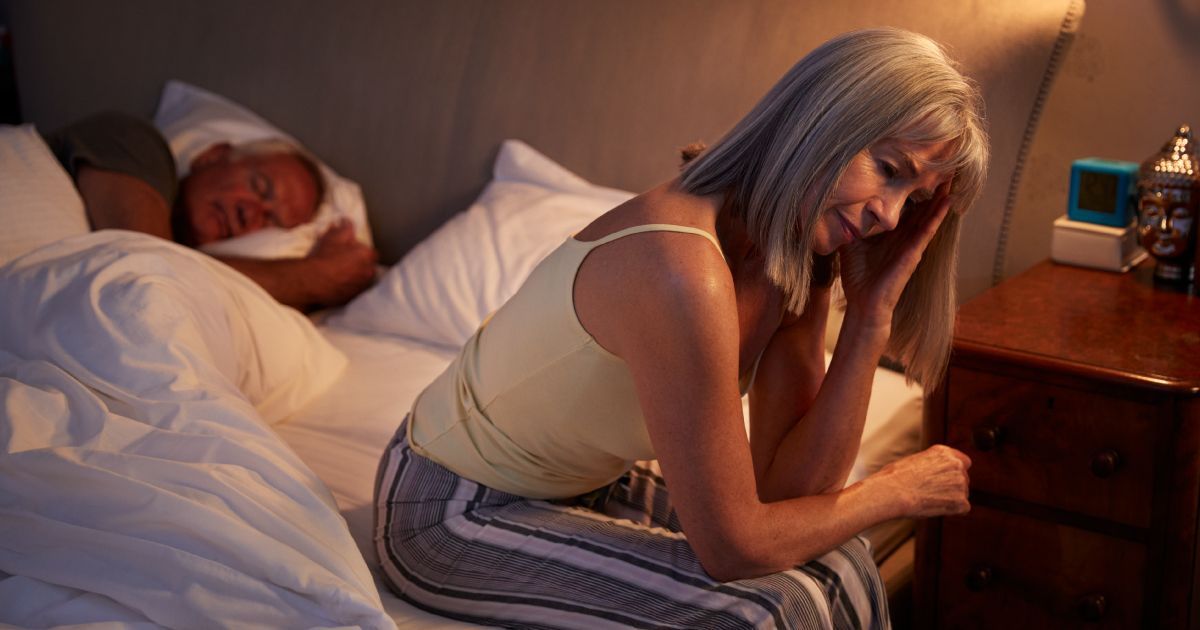
Read time: 5 miutes
Sleep is a vital component of overall health, influencing everything from cognitive function to physical well-being. However, one often overlooked aspect is the connection between insomnia and eye health. Poor sleep can have a significant impact on the eyes, leading to a range of issues that affect vision and comfort. In this article, we will explore how insomnia affects eye health, the conditions it can cause, and tips for improving sleep to protect your eyes. Find out more information about insomnia from Cleveland Clinic.
The Importance of Sleep for Eye Health
Before diving into the specific ways insomnia affects the eyes, it's important to understand why sleep is crucial for maintaining eye health. During sleep, the body undergoes various restorative processes that are essential for overall well-being. For the eyes, sleep helps to:
- Lubricate the Eyes: Sleep promotes tear production, which keeps the eyes moist and prevents dryness.
- Repair Damage: The eyes are exposed to numerous environmental stressors throughout the day. Sleep allows for cellular repair and recovery.
- Maintain Optimal Function: Proper rest ensures that the muscles controlling eye movements and focusing are not overstrained.
Dry Eye Syndrome
One of the most common eye-related issues associated with insomnia is dry eye syndrome. This condition occurs when the eyes do not produce enough tears or when the tears evaporate too quickly, leading to symptoms such as redness, irritation, and a gritty sensation.
How Insomnia Contributes to Dry Eye Syndrome
Lack of sleep disrupts the natural lubrication process of the eyes. When you do not get enough rest, your body produces fewer tears, and the quality of these tears is often compromised. Additionally, poor sleep can lead to increased inflammation, which further exacerbates dry eye symptoms.
Learn more about the dry eye evaluation process at Urban Optiks Optometry.
Eye Strain and Fatigue
Eye strain and fatigue are prevalent issues for individuals who suffer from insomnia. When you are sleep-deprived, your eyes have to work harder to focus, especially during activities that require prolonged concentration, such as reading, driving, or working on a computer
Symptoms of Eye Strain
- Discomfort and Pain: Aching or sore eyes.
- Headaches: Often starting around the eyes or temples.
- Blurry Vision: Difficulty focusing clearly.
- Double Vision: Seeing two images instead of one.
- Increased Light Sensitivity: Difficulty tolerating bright lights.
Puffiness and Dark Circles
Insomnia often results in noticeable puffiness and dark circles around the eyes. This occurs because poor sleep can cause fluid retention and increased blood flow around the eyes, leading to a swollen appearance and dark discoloration under the eyes.
Causes of Puffiness and Dark Circles
- Fluid Retention: Lying down for long periods can cause fluid to collect around the eyes.
- Increased Blood Flow: Sleep deprivation can cause the blood vessels under the eyes to dilate, creating a darker appearance.
- Thinning Skin: Chronic lack of sleep can lead to thinner skin, making blood vessels more visible.
- Increased Risk of Eye Infections
- Chronic sleep deprivation weakens the immune system, making you more susceptible to infections, including eye infections such as conjunctivitis (pink eye). A well-rested body is better equipped to fight off infections and maintain overall health, including eye health.
Blurred Vision
Insomnia can cause temporary blurred vision. When you are tired, your eye muscles can become strained, making it difficult to focus properly. This can lead to intermittent blurred vision and difficulty seeing clearly.
Light Sensitivity
People who suffer from insomnia may experience increased light sensitivity. Lack of sleep can make your eyes more sensitive to light, causing discomfort and difficulty adjusting to different lighting conditions. This can be particularly bothersome during daytime activities.
Eye Twitches
Sleep deprivation can cause involuntary eye twitches, also known as myokymia. These twitches are usually harmless but can be annoying and distracting. They are often caused by stress, fatigue, and lack of sleep.
Long-Term Eye Health Risks
Chronic insomnia has been linked to long-term health risks, including conditions that can affect eye health, such as diabetes and high blood pressure. These conditions can lead to serious eye problems, including diabetic retinopathy and hypertensive retinopathy, which can damage the retina and lead to vision loss.
Improving Sleep for Better Eye Health
To maintain good eye health and overall well-being, it is important to prioritize good sleep hygiene. Here are some tips to help improve your sleep:
- Establish a Regular Sleep Schedule: Go to bed and wake up at the same time every day, even on weekends. Consistency helps regulate your body's internal clock, making it easier to fall asleep and wake up naturally.
- Create a Restful Environment: Make sure your bedroom is dark, quiet, and cool. Consider using blackout curtains, earplugs, or a white noise machine to eliminate distractions that might disrupt your sleep.
- Limit Screen Time: Reduce exposure to screens (phones, tablets, computers) at least an hour before bedtime. The blue light emitted by screens can interfere with your body’s production of melatonin, a hormone that regulates sleep.
- Avoid Stimulants: Limit the consumption of caffeine and nicotine, especially in the afternoon and evening. These substances can interfere with your ability to fall asleep and stay asleep.
- Relax Before Bed: Engage in relaxing activities such as reading, taking a warm bath, or practicing meditation to help calm your mind and body. Establishing a bedtime routine can signal to your body that it is time to wind down and prepare for sleep.
- Exercise Regularly: Regular physical activity can help you fall asleep faster and enjoy deeper sleep. However, avoid vigorous exercise close to bedtime, as it can have a stimulating effect and make it harder to fall asleep.
- Watch Your Diet: Avoid large meals, alcohol, and sugary foods close to bedtime. These can disrupt your sleep patterns and make it harder to get a restful night’s sleep.
- Manage Stress: Chronic stress can contribute to insomnia. Practice stress management techniques such as deep breathing, yoga, or mindfulness to reduce stress and improve sleep quality.
When to Seek Professional Help
If you continue to experience sleep difficulties despite making lifestyle changes, consider consulting a healthcare professional. Insomnia can be a symptom of underlying health issues that require medical attention. A doctor or sleep specialist can help identify the cause of your insomnia and recommend appropriate treatment options.
The Takeaway
The connection between insomnia and eye health is significant and multifaceted. Poor sleep can lead to a range of eye-related issues, from dry eye syndrome and eye strain to more serious conditions like increased risk of infections and long-term vision problems. By understanding these connections and taking steps to improve sleep hygiene, you can protect your eye health and enhance your overall well-being.
Remember, good sleep is not just about feeling rested; it is also crucial for maintaining the health and function of your eyes. Prioritize your sleep, and your eyes will thank you for it.
Share this blog post on social or with a friend:
The information provided in this article is intended for general knowledge and educational purposes only and should not be construed as medical advice. It is strongly recommended to consult with an eye care professional for personalized recommendations and guidance regarding your individual needs and eye health concerns.
All of Urban Optiks Optometry's blog posts and articles contain information carefully curated from openly sourced materials available in the public domain. We strive to ensure the accuracy and relevance of the information provided. For a comprehensive understanding of our practices and to read our full disclosure statement, please click here.


